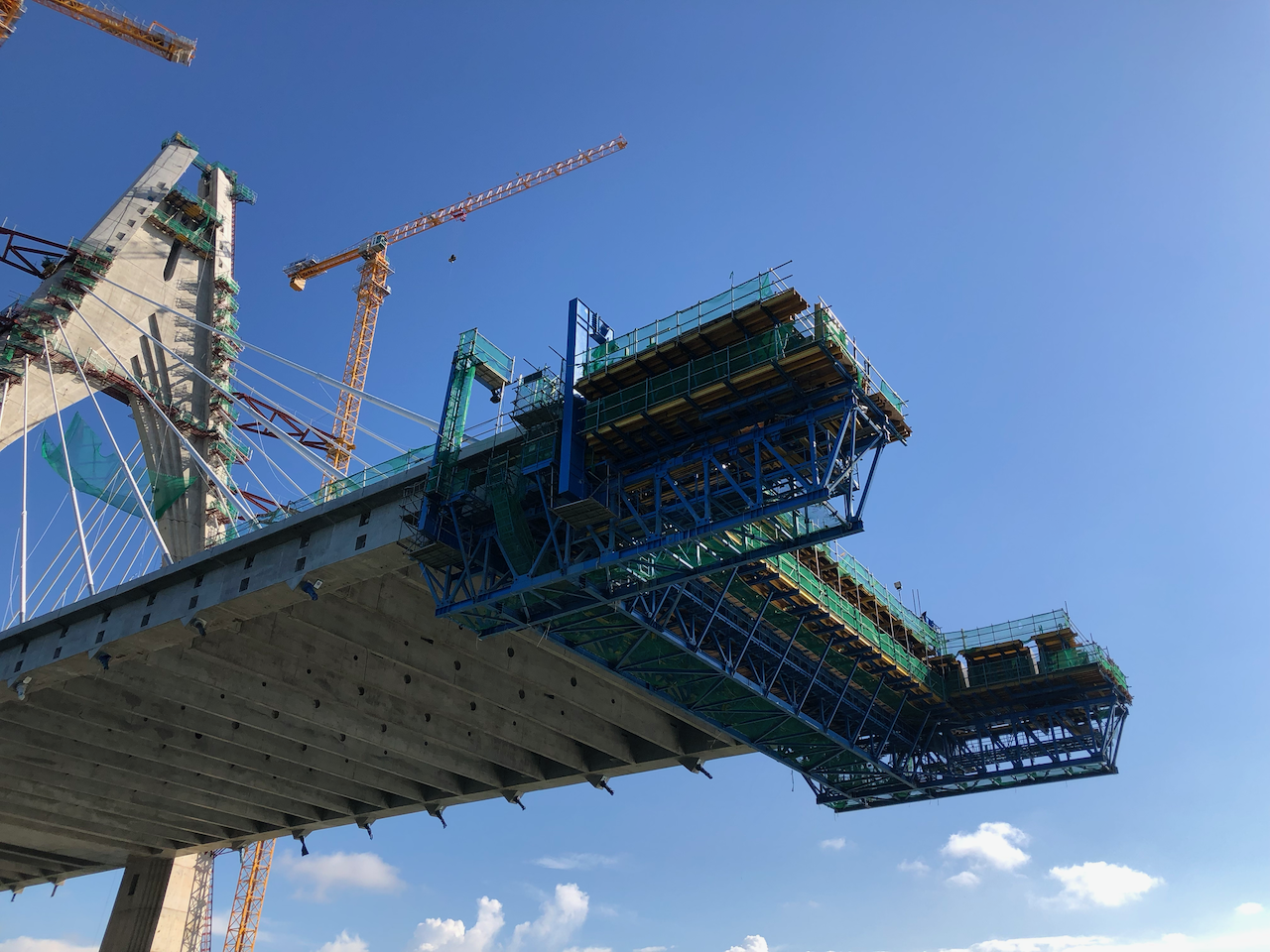India is working towards ensuring that most of the construction-related materials are pre-fabricated, except for making foundations for bridges and other things, said General VK Singh, Union Minister of State, Road Transport & Highways and Civil Aviation.
At a conference on Decarbonizing Construction: Building a Low Carbon Future organised by industry chamber FICCI, he said that this will lead to the sustainable development of road infrastructure, he added.
Singh averred that pre-fabricated material ensures lesser pollution and optimal use of other raw materials. “There is much more emphasis coming in”, he said, adding, “the day is not far when we will be able to make road surfaces with pre-fab things that come from the factory and just be laid.”
The minister outlined numerous efforts taken by the government on decarbonising. These included the adoption of alternative and flex fuels, green highways, airports running on renewable energy, hydrogen cell technology, a conducive policy environment for electric vehicles, and PM GatiShakti Masterplan.
Speaking on green highways, Singh underscored that the emphasis is on using indigenous varieties of plants – Neem, Peepal, and Banyan, among others, on either side of the expressways and highways. He added that more than 5000 kilometres of plantations are already developed at the cost of Rs 650 crores. In addition, he informed that the government is co-opting the local population in managing these plants. “We also entered into an agreement with self-help groups which can look after these plantations to ensure that plants survive and add to the decarbonization efforts that we are making.”
Singh noted that India is well-placed in hydrogen cell technology. “Manufacturing hydrogen cell is cheaper in India than anywhere else”, he said. Further, he added, “our effort is to utilize a combination, whether it is hydrogen cell, alternatives of sodium ion, aluminium ion, and zinc, among others, to replace lithium and create an enabling environment for EVs.”
Singh also called for collective action in decarbonizing. “The standards are changing, and if we need to keep up with the type of goals that we have laid out, then we have to change our mindsets,” he said while adding that all that is needed is awareness, understanding and technology.
Shailesh Pathak, Immediate Past Co-Chair, FICCI Committee on Transport Infrastructure, said, “we’re looking for regulatory and other support, including incentives from the government, to ensure that we all decarbonise together in transport.” He underlined that “decarbonizing is not only about better technology, it’s also about process reform.” He alluded to GST, which led to a smoother inter-state movement of goods, as a decarbonizing measure. He suggested further reducing ship turnaround times under the GatiShakti Mission and quickening truck transit times. “Logistics improvement is a part of decarbonization,” he said.


























